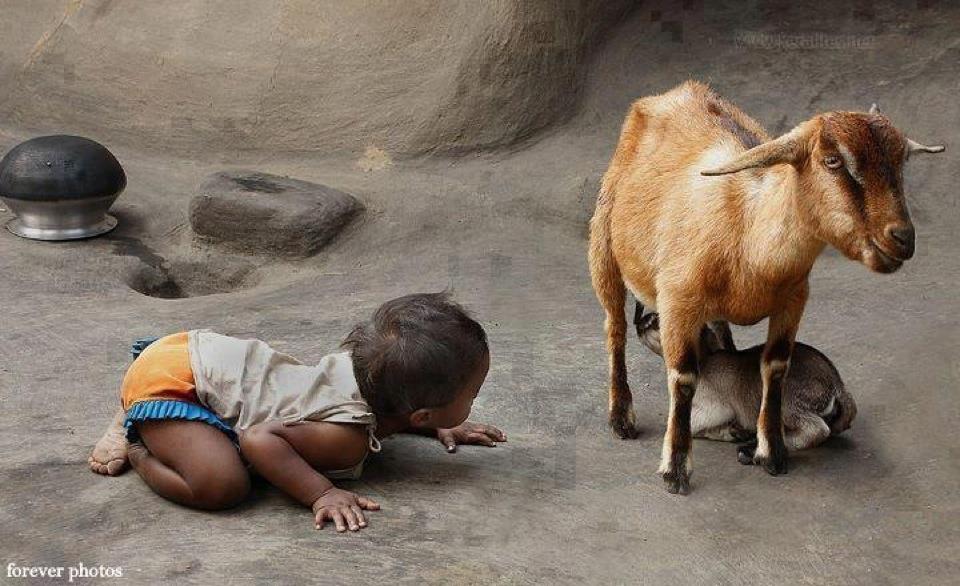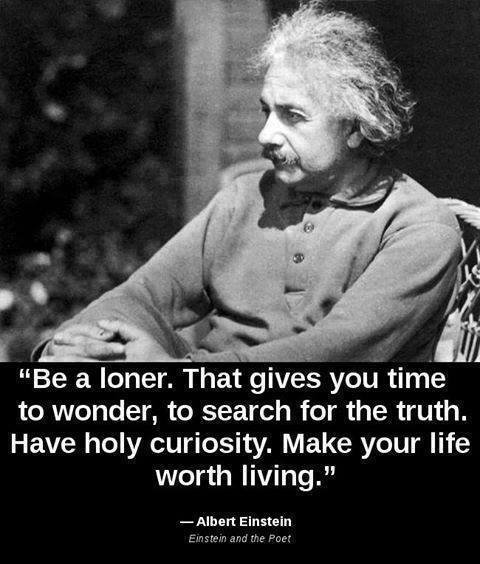The mystery of curiosity
We humans have a deeply curious nature.
Since the dawn of mankind, the basis for existence has been relentlessly sought. Everyone has differing views and everyone is curious to know.
From the darting, curious eyes of a baby only a few weeks old to the growing child’s persistent questioning of ‘tell me mommy, tell me dad why/ how/who?’

We embark on a life's saga to search to make sense of ourselves and the world around us.
Sometimes curiosity is counterproductive too..
Take for instance, our curiosity has us doing utterly unproductive things like reading news about people we will never meet, learning topics we will never have use for, or exploring places we will never come back to.
Sometimes we become bystanders to something happening somewhere, we are simple curious enough to know what is going on and sometimes we fall prey to pranksters to.
We simply love to know the answers to things, even if there's no obvious benefit.
It’s curiosity that drives brain growth. we might have come across various scientific reports of how curious men and women have kept their wit and memory even in their ripe old age by learning and keeping their brain active all the time.
Curiosity is also associated with all aspects of human development, in which derives the process of learning and desire to acquire knowledge and skill.
From the perspective of evolution this appears to be something of a mystery. It seems that evolution made us the ultimate learning machines, and the ultimate learning machines need to be oiled by curiosity.

We associate evolution with ‘survival-of-the-fittest’ traits that support the essentials of day-to-day survival and reproduction. So why did we evolve to waste so much time in the learning process to become a curious species?
The roots of our peculiar curiosity can be linked to a trait of the human species call neoteny.
What is neotony?
This is a term from evolutionary theory that means the "retention of juvenile characteristics".
It means that as a species we are more child-like than other mammals.
Being relatively hairless is one physical example.
And a large brain relative to body size is another.
Our lifelong curiosity and playfulness is a behavioral characteristic of neoteny.
Neoteny is a short-cut taken by evolution – a route that brings about a whole bundle of changes in one go, rather than selecting for them one by one.
Evolution, by making us a more juvenile species, has made us weaker than our primate cousins, but there is a bonus, it has also given us our child's curiosity, this curiosity has helped us to learn and our deep sense of attachment to each other.
We all have heard some people are more childish even in their adulthood.
Its true, its not their problem I guess, its evolution! and of course the lifelong capacity to learn is the reason why neoteny has worked so well for our species.
Our extended childhood means we can absorb so much more from our environment, including our shared culture.
Even in adulthood we can pick up new ways of doing things and new ways of thinking, allowing us to adapt to new circumstances and solve new problems as they arise.
One of the main essence of a graceful aging is to be curious all the time and to learn all the time.
krish madampath.
Credits:
wikipedia.org
wisdomcommons.org
bbc.com
Image Credits:
Brainyquote and forever photos.